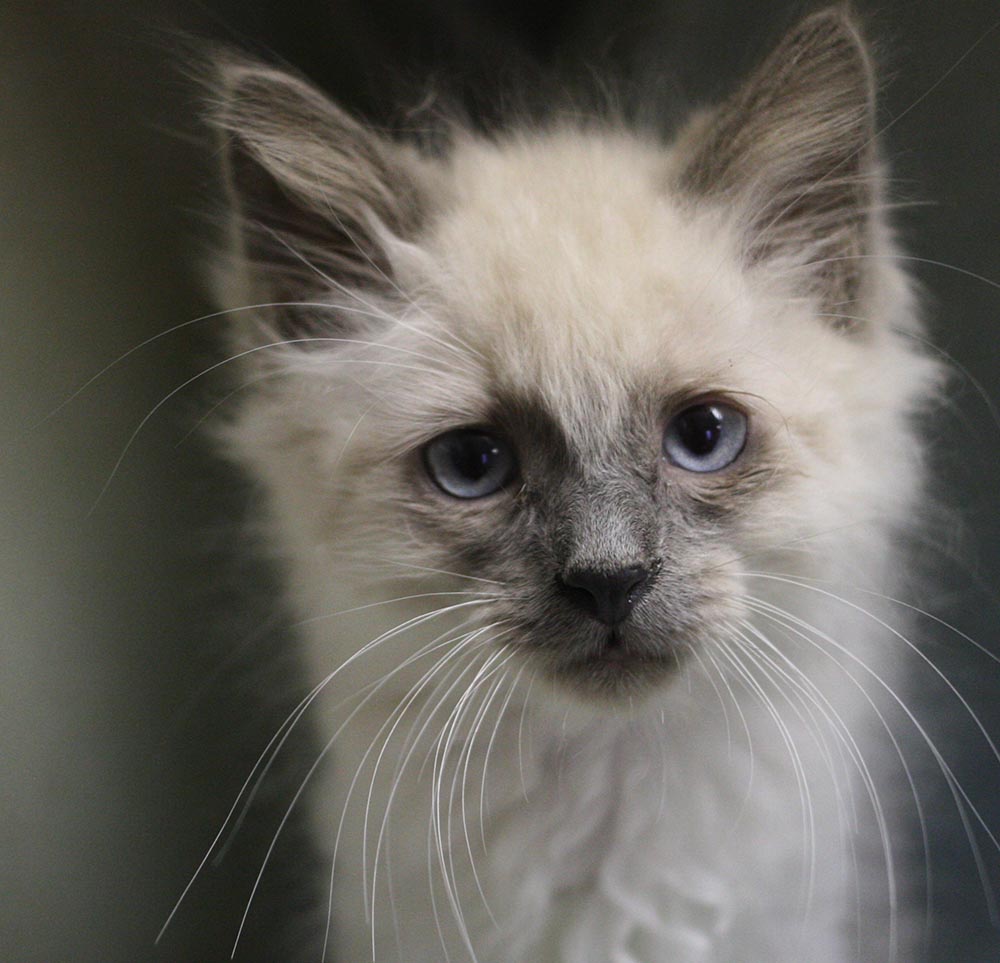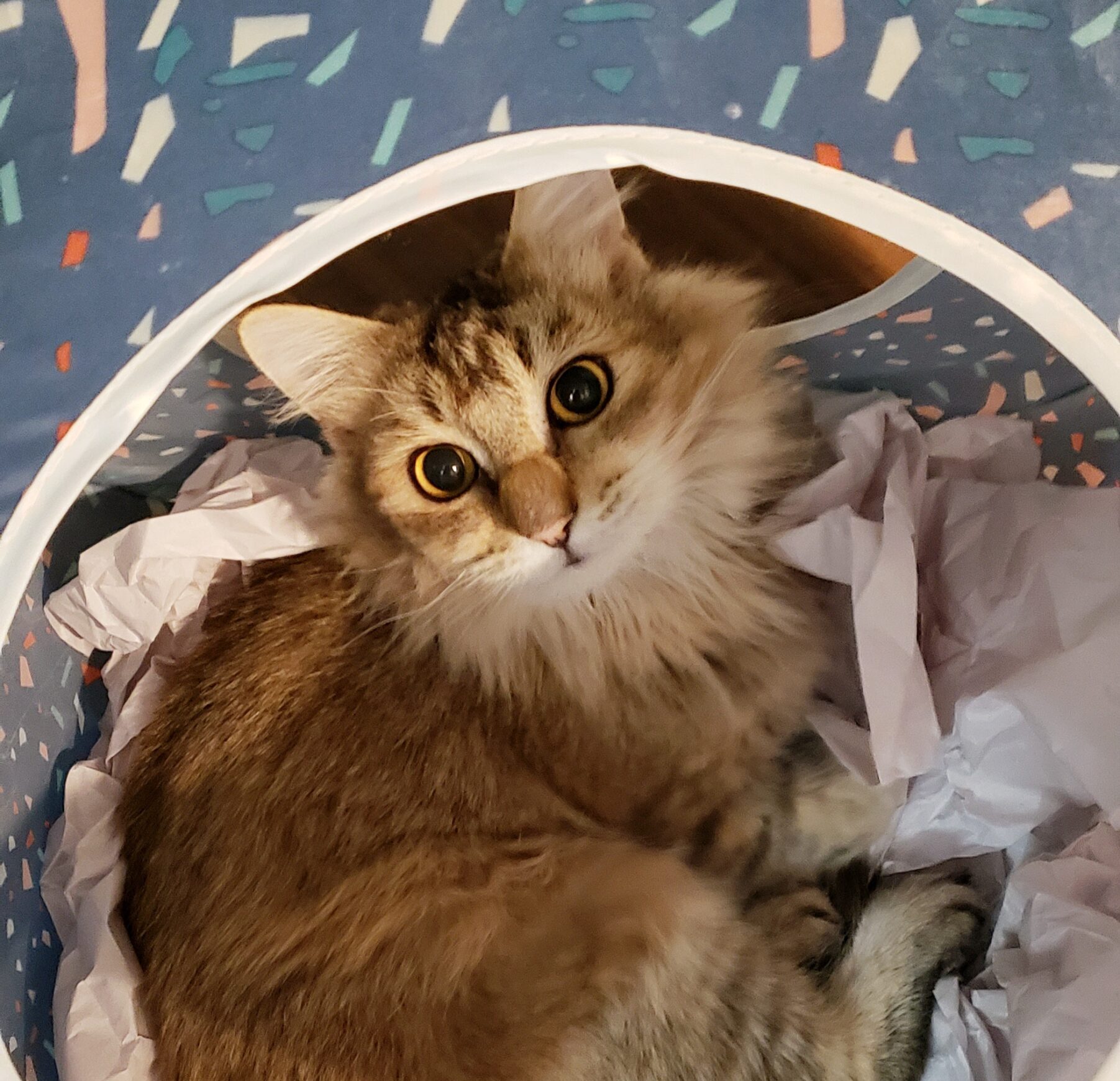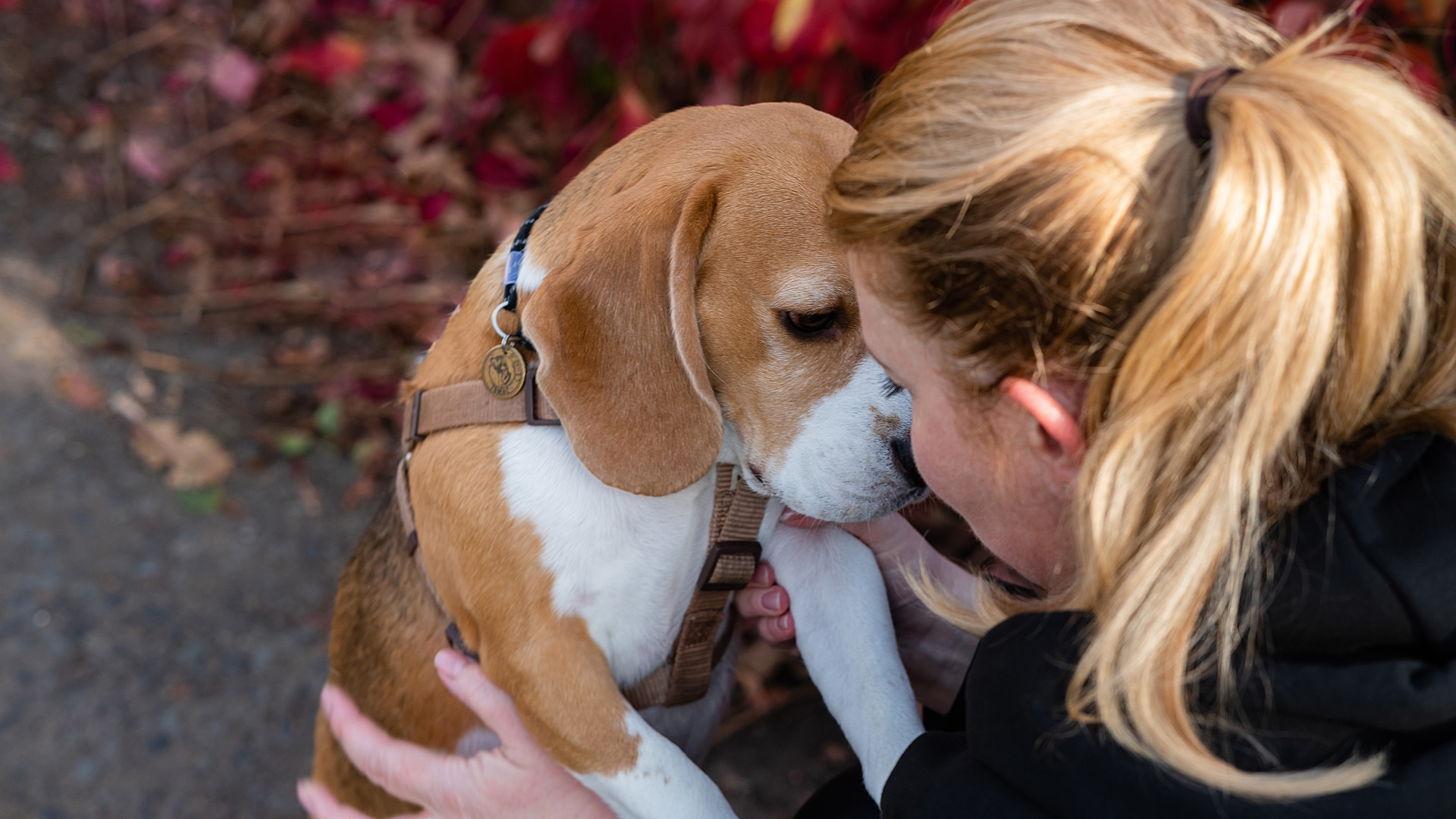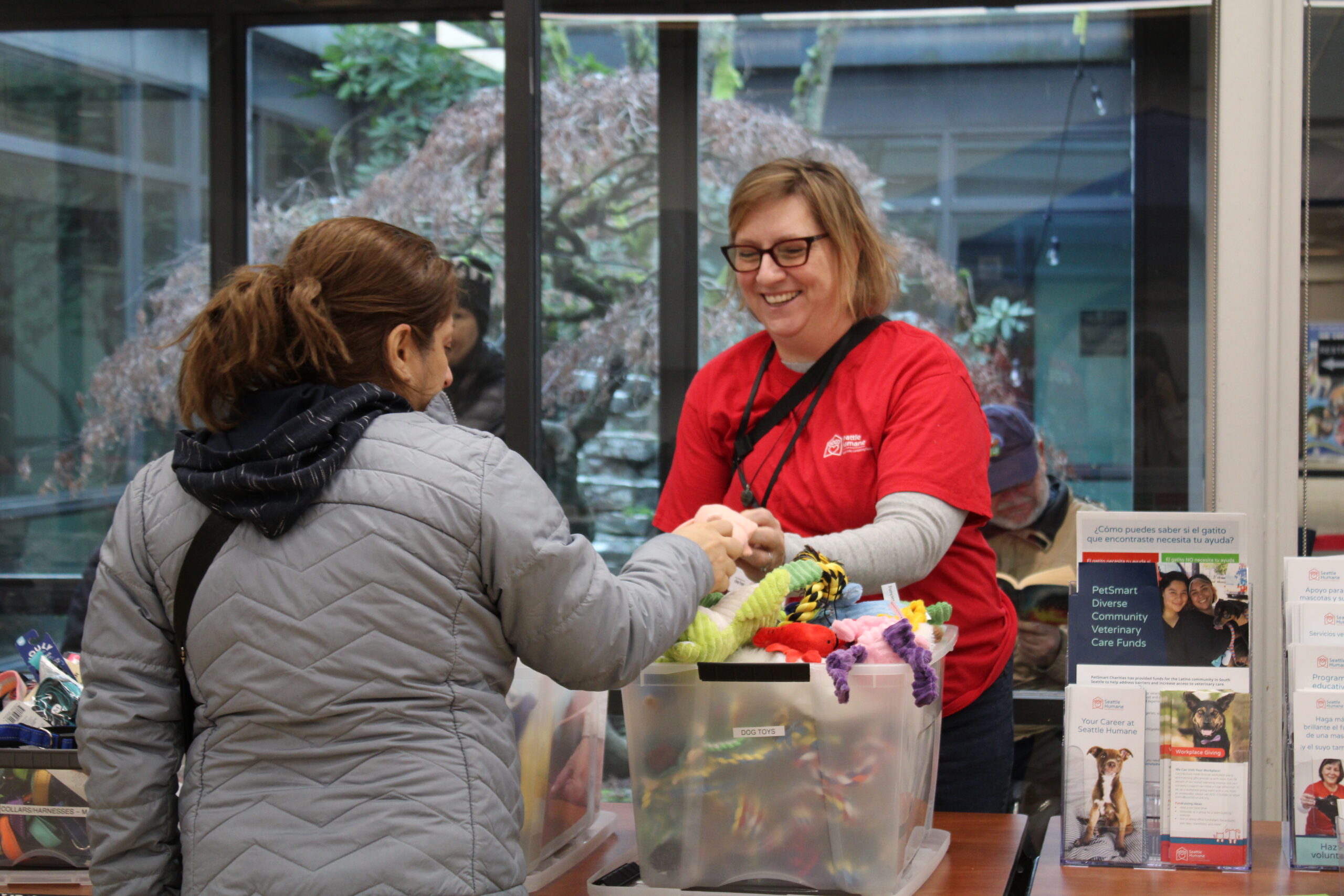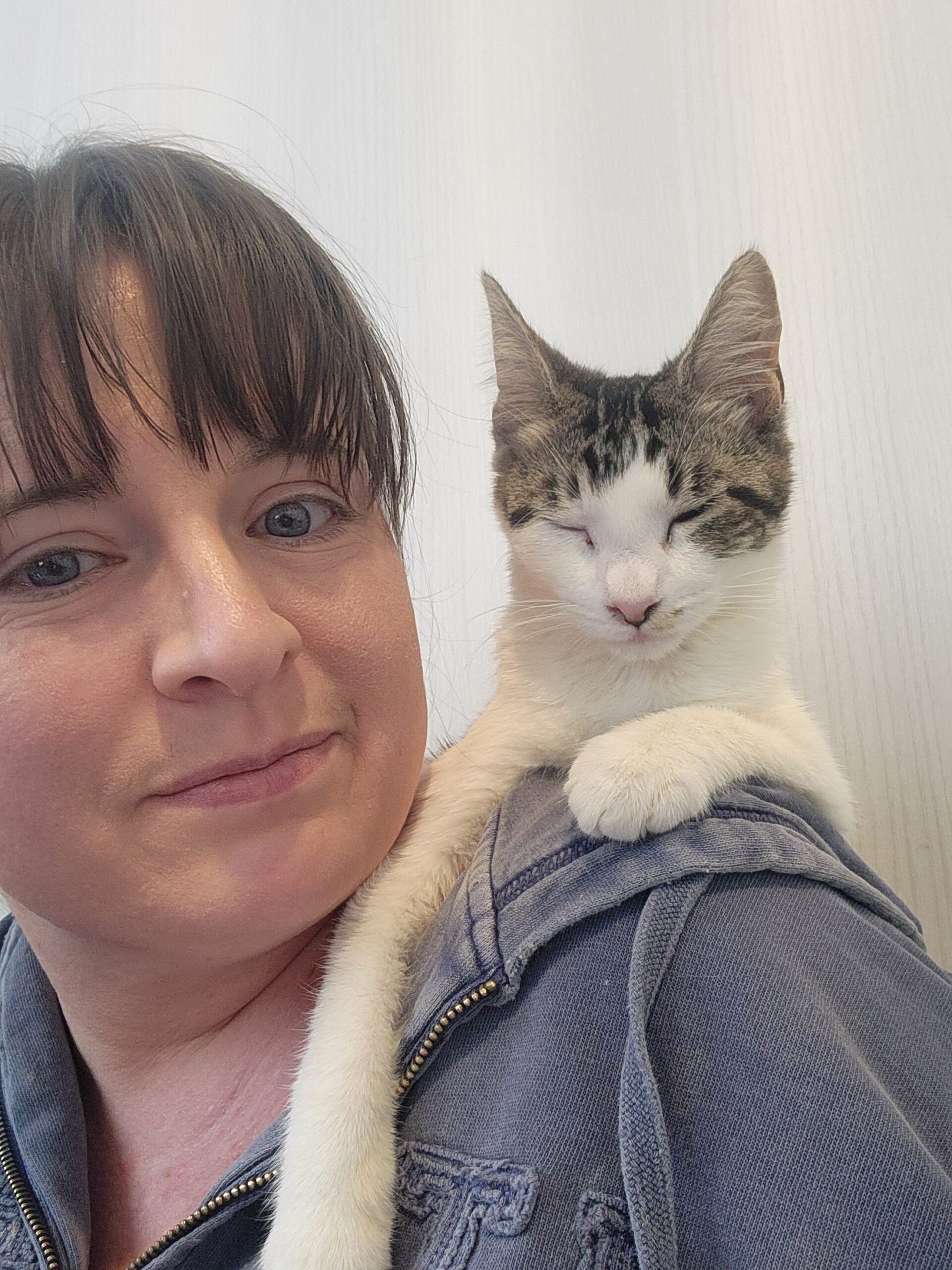
What is FIV?
The Feline Immunodeficiency Virus is a slow-developing virus that weakens the feline immune system. It’s estimated that 3 percent of cats nationwide are infected with FIV; mostly unaltered males due to their tendency to roam and fight while looking for a mate.
How is it transmitted?
FIV is spread between cats through blood transfusions, deep bite wounds, and less commonly, through intercourse or an infected mother’s milk to nursing kittens. Sharing a litter box, sleeping area, toys, water bowl or other items will NOT transmit FIV between cats.
Can humans or other pets get FIV?
No, FIV is a feline-specific disease. Although FIV is similar to HIV in the way the virus works, it cannot be spread to any other species.

How will FIV affect a cat’s life expectancy?
Most FIV cats can live long, healthy and happy lives just like any other cherished feline. Due to a weakened immune system, they are more susceptible to secondary infections so it’s important that they be indoor only companions and fed a nutritionally balanced diet (raw food diets are not recommended).
Is it more expensive to care for a FIV+ cat?
If your cat is kept indoors and healthy, it’s not likely that they will require more veterinary care than a non-infected cat. They will need bi-annual wellness exams, up-to-date vaccinations, and protection against common parasites like fleas and worms, which is not unlike other pets.

How can FIV be prevented?
The best mode of protection against FIV is keeping your cat indoor only and having them spayed or neutered.
There is a vaccine for FIV, but its efficacy is somewhat controversial. The vaccine will also cause a cat to test positive for FIV because of the antibodies present. Preventing exposure is still the best way to protect your cat from the virus, but you should discuss the pros and cons of the vaccine with your veterinarian.

At Seattle Humane, we know FIV+ kitties are just as sociable and capable of love as any other cat. We encourage you to adopt a FIV+ cat – or better yet, a pair of feline friends! Eddie, Nicholas, Gretchen and Shamrock are just a few of the cats available for adoption. Meet them in person at our shelter in Bellevue – we’re open every day at 11 a.m. and close at 6 p.m. Sun.-Wed. and 8 p.m. Thu.-Sat.
Still have questions? Our Adoption Advisors would love to chat with you about caring for a FIV+ kitty. Come see us!

